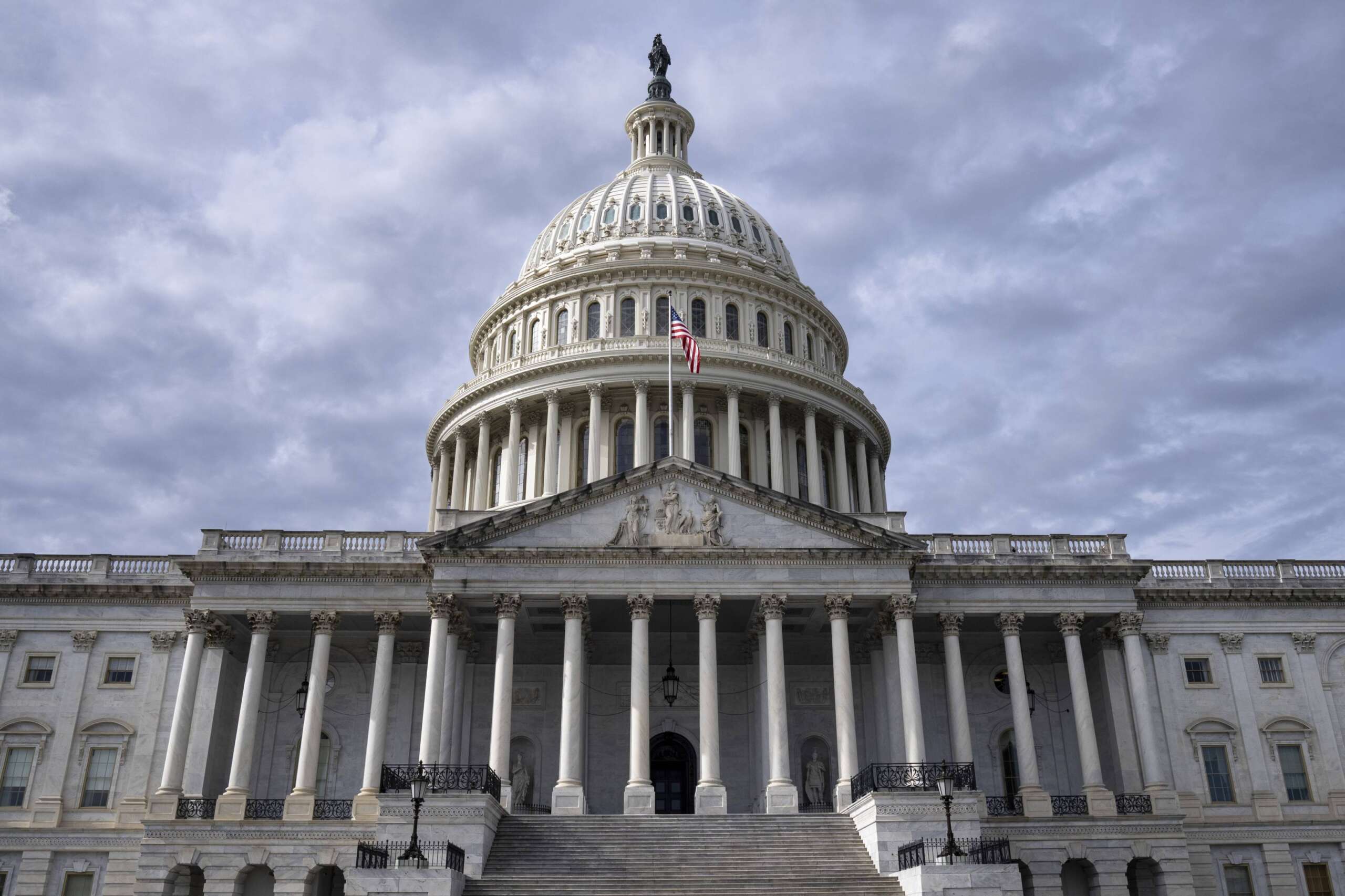A quintet of Supreme Court justices appeared sympathetic on Monday to claims that the Food and Drug Administration rightly moved the goalposts on its standards for some flavored vapes appealing to minors when it blocked two companies from selling the popular nicotine products.
While the court may still find a flaw in the FDA’s handling of the matter, the three liberal members of the high court as well as Justices Amy Coney Barrett and Brett Kavanaugh, seemingly sided with the agency.
“I want to figure out what the legal error is there,” Kavanaugh told attorney Eric Heyer who represented the vape companies Wages and White Lion Investments. “You agree that at the end of the day, the agency has to make a choice, and it’s going to be a choice with uncertainty.”
Heyer argued that the FDA had shifted its standards in the middle of its approval process and did not adequately communicate that to the companies.
Back in 2016, under the Obama administration, the FDA passed a rule subjecting e-cigarettes to the Tobacco Control Act, which requires companies to get authorization to sell their products.
Applicants must prove their products are “appropriate for the protection of the public health” under that law. In 2020, Triton Distribution and Vapetasia filed to get several flavored products approved but were rejected by the FDA, which concluded they had a strong appeal to minors.
Flavors included “Suicide Bunny Mother’s Milk and Cookies” and “Jimmy The Juice Man Peachy Strawberry.” The FDA also found that almost 20% of high school students and 1 in 20 middle school students used e-cigarettes that year. The agency has approved other flavored products in the past.
Challengers in the case won at the 5th US Circuit Court of Appeals, a very conservative court based in of New Orleans that has occasionally gone too far for the Supreme Court in some cases.
“I guess I’m not really seeing what the surprise is here, or what the change is here,” Justice Elena Kagan said at one point, noting that she thought it was pretty clear what the FDA’s issues were with the flavored products being appealing to children.
“There’s just not a lot of mystery here about what FDA was doing. You might disagree with that, because you think that, in fact, the world of 40-year-olds really wants to do blueberry vaping, but you can’t say that the FDA hasn’t told you all about what it’s thinking in this respect,” she added.
Deputy solicitor general Curtis Gannon defended the FDA, arguing that it was clear the vape companies were “barking up the right tree” in their application.
“They were trying to make exactly the comparison that the FDA at the end of the process said that they have failed to make. They just didn’t have the particular — they didn’t have sufficient scientific evidence on that score,” Gannon argued.
Kavanaugh, at one point, drilled down on the question of relief, noting that the companies could “reapply and hope to succeed,” seemingly insinuating that the courts didn’t need to intervene.
“It’s kind of the end of it, isn’t it?” Kavanaugh asked at another point, after noting the FDA was authorized by Congress to make such decisions.
Several conservative justices seemed wary of whether the FDA had moved the goalposts, with Justice Clarence Thomas taking note of the companies’ arguments that the guidance was “actually a moving target — that either they weren’t clear or that you changed the guidance as time went on.”
Multiple appellate courts have backed the FDA in the past during similar challenges.
The high court heard oral arguments in the case FDA v. Wages and White Lion weeks before President-elect Donald Trump is slated to take office and attempt to make significant changes to the agency with his Health and Human Services Secretary-designee Robert F. Kennedy Jr.















